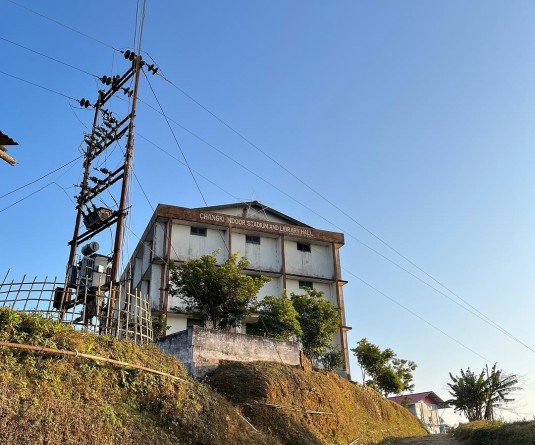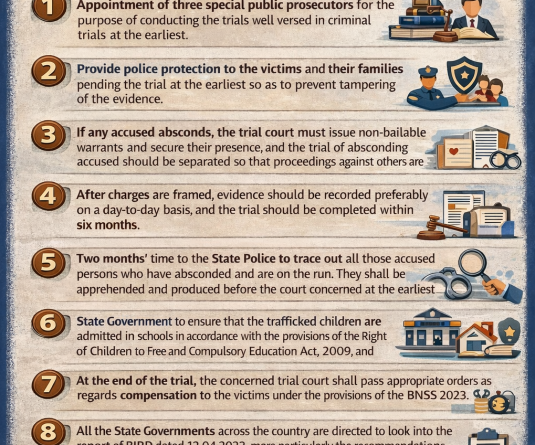
FUNICH holds discussion on Indo-Naga Peace Process
NEW DELHI, APRIL 29 (MExN): “One of the challenges for not being able to move forward in finding a solution is the perception that you have for one another,” asserted Kekhrie Yhome, Assistant Professor, Delhi University, at a discussion on ‘Peace Talk as a Means for Conflict Resolution: The Case of Indo-Naga Peace process.’ The event was organized by the Forum for Understanding the Naga-India conflict and Human Rights (FUNICH) in New Delhi on April 24.
The talk cum discussion was held with the hope to forge a path towards conflict resolution, peace and friendship, amongst various conflicting parties in the sub-continent. FUNICH expressed optimism for prosperity and peaceful coexistence based on fundamental principles of democracy, mutual respect and liberty. “Let this message resonates in other parts of the country, no matter how small it may be,” it stated.
A press note from FUNICH cited Yhome stating that the enthusiasm among people, which existed when talks first started between the GoI and the NSCN, “is slowly disappearing.” He also lamented various developments, occurring in parallel to the peace process. These include, according to Yhome, “a process of differentiation, compulsive distortion of facts and history, branding underground activism as acts of terrorism, under development, armed atrocities by the Indian security forces, advancement in utilization of natural resources, presence of institutionalized violence with militarization and loss of dignity, corporatization of North East vis-à-vis militarization.” This, he stated, gets manifested through large scale migration of Nagas and other NE youth into a city like Delhi, despite incidences of “racism.”
Yhome cautioned that if the current peace talk breaks down, “the result will be not desirable and it will have its repercussion.”
Yhome was one of the panellists at the event, which included GK Pillai, Former Home Secretary GoI; Dr Kumar Sanjay Singh, Assistant Professor, DU; Binalakshmi Nepram, General Secretary, Control Armed Foundation of India; Inshah Malik, Activist and Research Scholar and Gautam Navlakha, Consultant Editor, EPW, writer & activist.
GK Pillai stressed on the need to ensure that “mistakes” made earlier “should not be repeated in the future settlement.” “Should there be a settlement from this current peace talk with the NSCN, GoI should make all out efforts to get the approval from all the stakeholders including civil societies such as Naga Hoho, Naga Students’ Bodies, various underground factions,” he asserted.
Inshah Malik stated that “in a situation of war, ‘peace talks’ are India’s way of buying time and enforcing death to Naga aspiration of self-determination.” She added that any talk should aim towards resolving the political problem and “not mere generation of peace while there is killing in the streets.”
Gautam Navlakha viewed that the Indian State, in the process of the nation state movement, “were incapable of accepting and understanding the needs to take a less muscular approach to issues, where people challenge the Nation State Project.” “And that is the crux of the problem,” he added. He further lamented that the GoI takes a movement seriously “only if they take up arms.” “As a non-violence movement or a so called peaceful movement is easy for a strong state to handle, they have succeeded in doing so,” he said.
Binalakshmi Nepram, another panellist, stated that India is still in “denial,” regarding the Naga Movement, which according to her is “reflected in India’s reply to the UN Committee on UNSCR 1325, saying that there is no armed conflict.”
She urged the GoI to first “apologize to the people of the NE for armed atrocities.” “If there is no armed conflict then why there is AFSPA,” she posed. Nepram further questioned whether political leaders representing the region are addressing the issue of armed conflict. Dr Kumar Sanjay Singh stated that one “cardinal failure of peoples’ movements in India has been the singular failure in understanding the significance of various political issues. He noted three aspects of the negotiating process which need to be taken into account. These include recognizing that negotiation is a part of statecraft, that the organization that negotiates always “splits,” and that the term of discourse changes from rights to community.
Stating that the Indian state is” in the process of very active centralization,” he further questioned as to what affect this development would have on the Naga Movement for their right to self determination.





